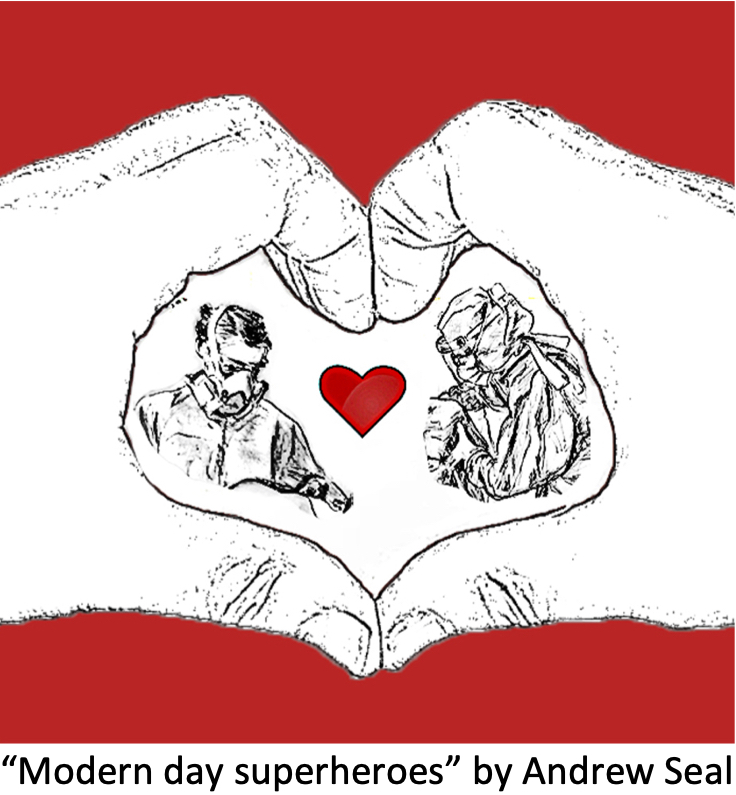Perceptions des résidents sur la formation médicale fondée sur les compétences
DOI :
https://doi.org/10.36834/cmej.67958Résumé
Background: Residency training programs in Canada are undergoing a mandated transition to competency-based medical education (CBME). There is limited literature regarding resident perspectives on CBME. As upper year residents act as mentors and assessors for incoming cohorts, and are themselves key stakeholders in this educational transition, it is important to understand how they view CBME. We examined how residents who are not currently enrolled in a competency-based program view that method of training, and what they perceive as potential advantages, disadvantages, and considerations regarding its implementation.
Methods: Sixteen residents volunteered to participate in individual semi-structured interviews, with questions focussing on participants’ knowledge of CBME and its implementation. We used a grounded theory approach to develop explanations of how residents perceive CBME.
Results: Residents anticipated improved assessment and feedback, earlier identification of residents experiencing difficulties in training, and greater flexibility to pursue self-identified educational needs. Disadvantages included logistical issues surrounding CBME implementation, ability of attending physicians to deliver CBME-appropriate feedback, and the possibility of assessment fatigue. Clear, detailed communication and channels for resident feedback were key considerations regarding implementation.
Conclusions: Resident views align with educational experts regarding the practical challenges of implementation. Expectations of improved assessment and feedback highlight the need for both residents and attending physicians to be equipped in these domains. Consequently, faculty development and clear communication will be crucial aspects of successful transitioning to CBME.
Téléchargements
Publié
Numéro
Rubrique
Licence
© Steve Mann, Amber Hastings Truelove, Theresa Beesley, Stella Howden, Rylan Egan 2020

Cette œuvre est sous licence Creative Commons Attribution - Pas d'Utilisation Commerciale - Pas de Modification 4.0 International.
La soumission d’un manuscrit original à la revue constitue une indication qu’il s’agit d’un travail original, qu’il n’a jamais été publié et qu’il n’est pas envisagé pour publication dans une autre revue. S’il est accepté, il sera publié en ligne et ne pourra l’être ailleurs sous la même forme, à des fins commerciales, dans quelque langue que ce soit, sans l’accord de l’éditeur.
La publication d’une recherche scientifique a pour but la diffusion de connaissances et, sous un régime sans but lucratif, ne profite financièrement ni à l’éditeur ni à l’auteur.
Les auteurs qui publient dans la Revue canadienne d’éducation médicale acceptent de publier leurs articles sous la licence Creative Commons Paternité - Pas d’utilisation commerciale, Pas de modification 4.0 Canada. Cette licence permet à quiconque de télécharger et de partager l’article à des fins non commerciales, à condition d’en attribuer le crédit aux auteurs. Pour plus de détails sur les droits que les auteurs accordent aux utilisateurs de leur travail, veuillez consulter le résumé de la licence et la licence complète.











